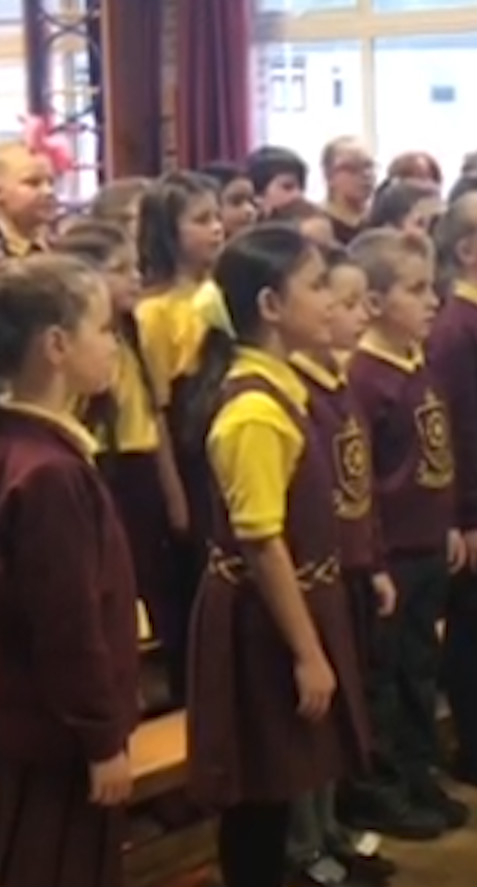CGTN Europe has been providing in-depth coverage of the novel coronavirus story as it has unfolded. Here you can read the essential information about the crisis.
WHERE DID IT START AND WHERE HAS IT SPREAD?
The novel coronavirus has been traced back to the city of Wuhan, the capital of China's Hubei province. It was first reported on 31 December 2019 and has spread to more than 100 countries and regions so far, but the tally is increasing almost daily as thousands of people are diagnosed with the disease. This was the state of the outbreak one month after it was first confirmed:
00:32
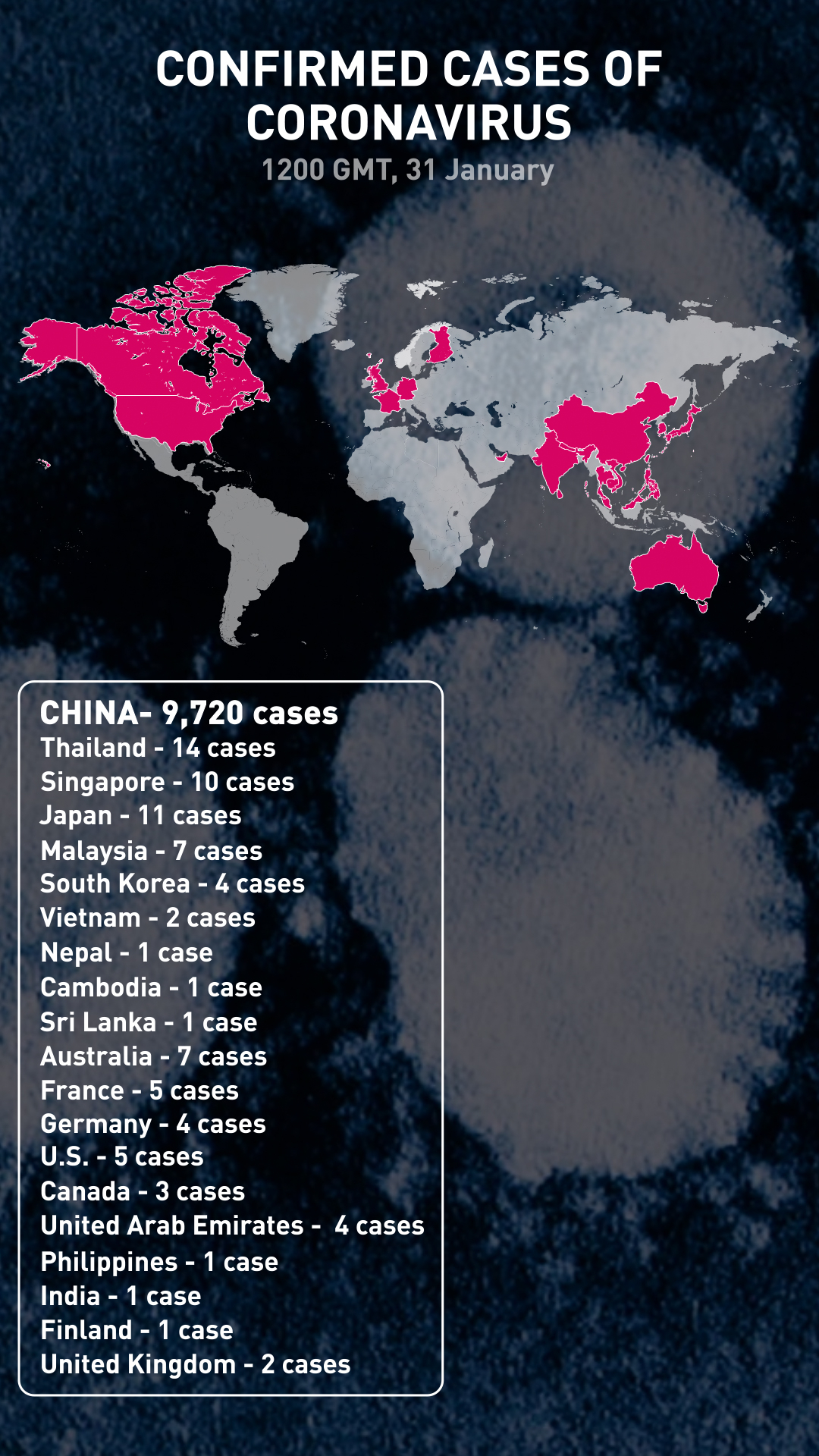
And this is how it looked on 10 March:
00:41
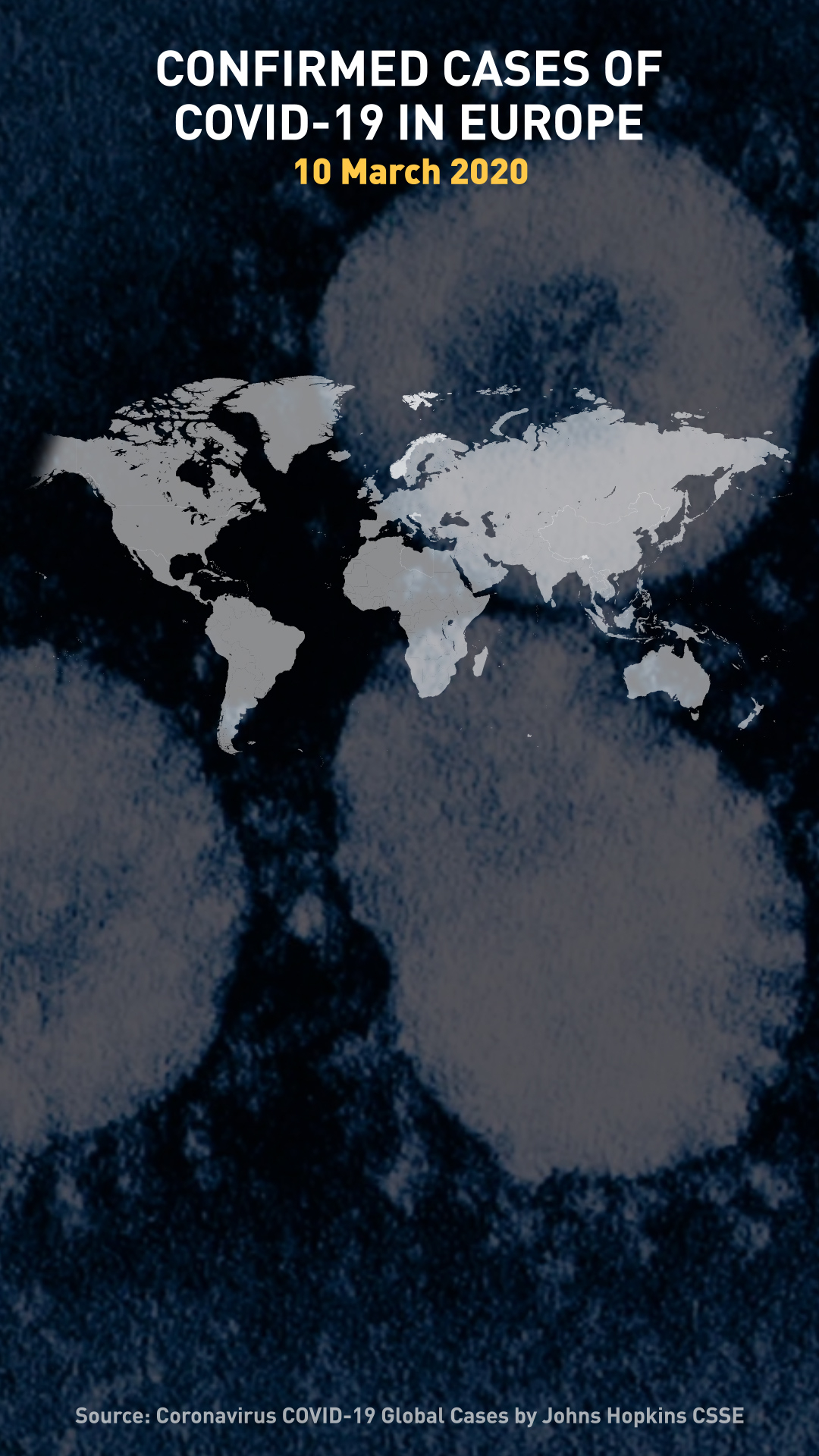
For the latest information on the spread of COVID-19 and travel advice, go to the World Health Organization website.
HOW YOU CAN AND CAN'T CATCH IT
The most important issue for most people. Here is the advice from the World Health Organization.
01:40
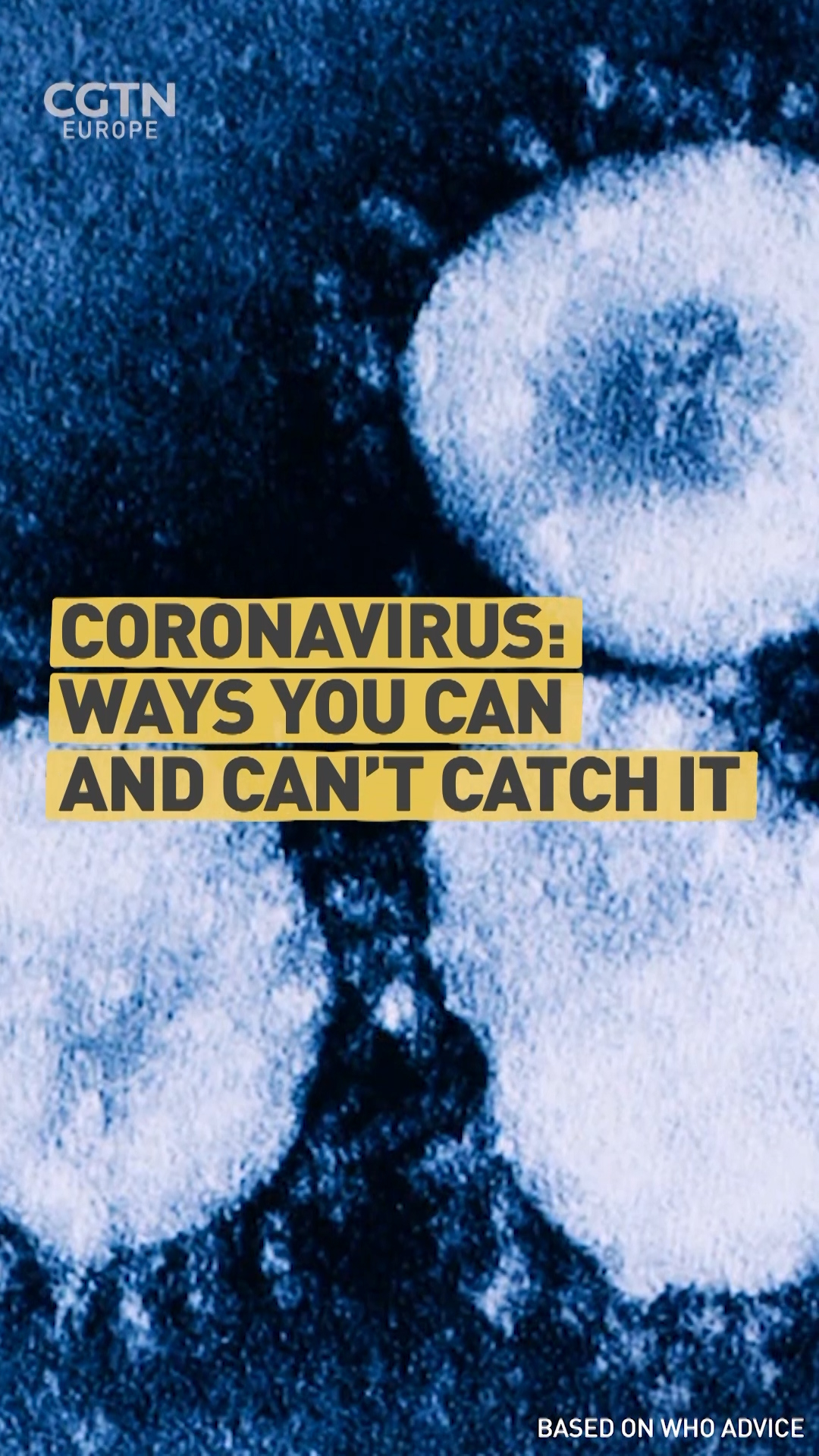
WHAT CAN YOU DO TO PROTECT AGAINST IT?
While sales of face masks are soaring, a more everyday measure could provide better protection.
01:00
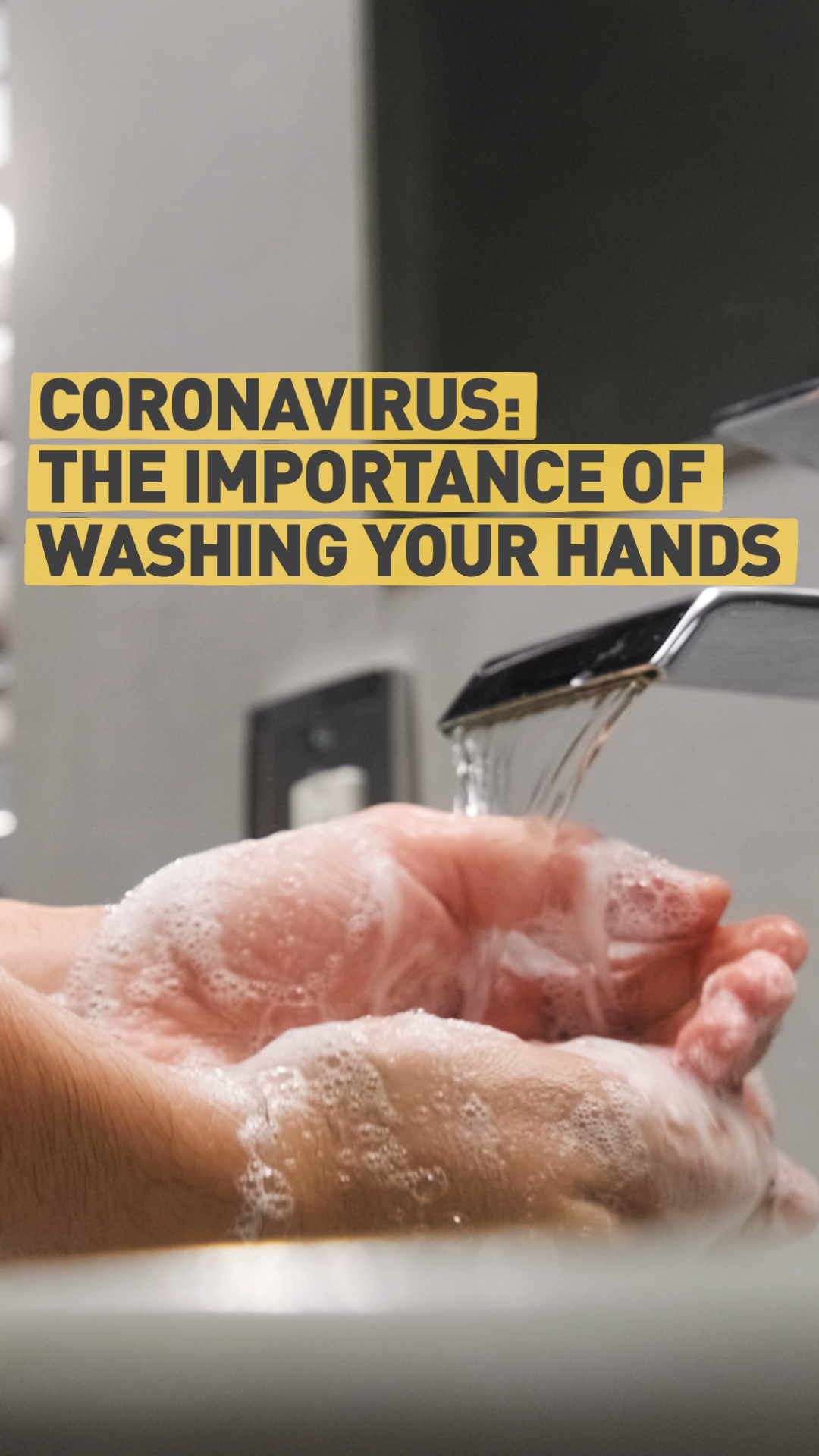
Full story: Coronavirus: Washing your hands 'more effective than wearing a mask'
Also, if you can't find any hand sanitizer in the shops, why not make your own?
01:08

David Carrington, a consultant virologist at St George's Hospital London, explained why quarantine is key in the fight to contain the outbreak: Coronavirus: 'Quarantine is essential to contain the viral infection'
WHAT ARE THE SYMPTOMS?
In the first episode of AnswerBank, we lay out the symptoms of COVID-19 infection.
Full story: Coronavirus symptoms: Are you really infected?
IS THERE A VACCINE?
Several bodies are racing to create one. But, as you would expect, it is quite a complicated process. Here, WHO expert Christian Lindmeier explains what it entails.
01:39
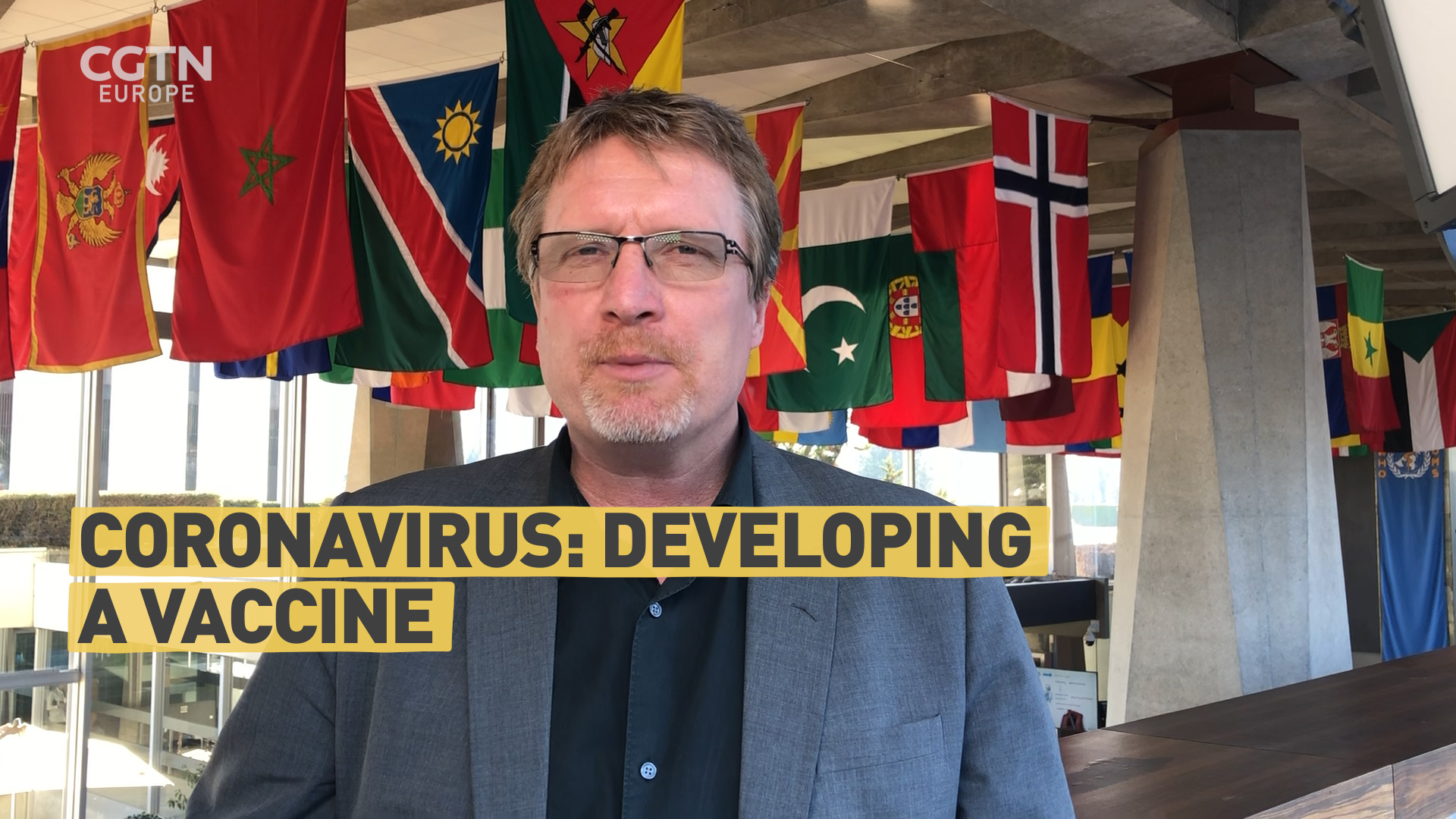
The process also has political and economic implications. We explain what the companies and public bodies working towards a vaccine are up against and how they stand to benefit: Pitfalls, politics and profits: The race to find a coronavirus vaccine
00:50
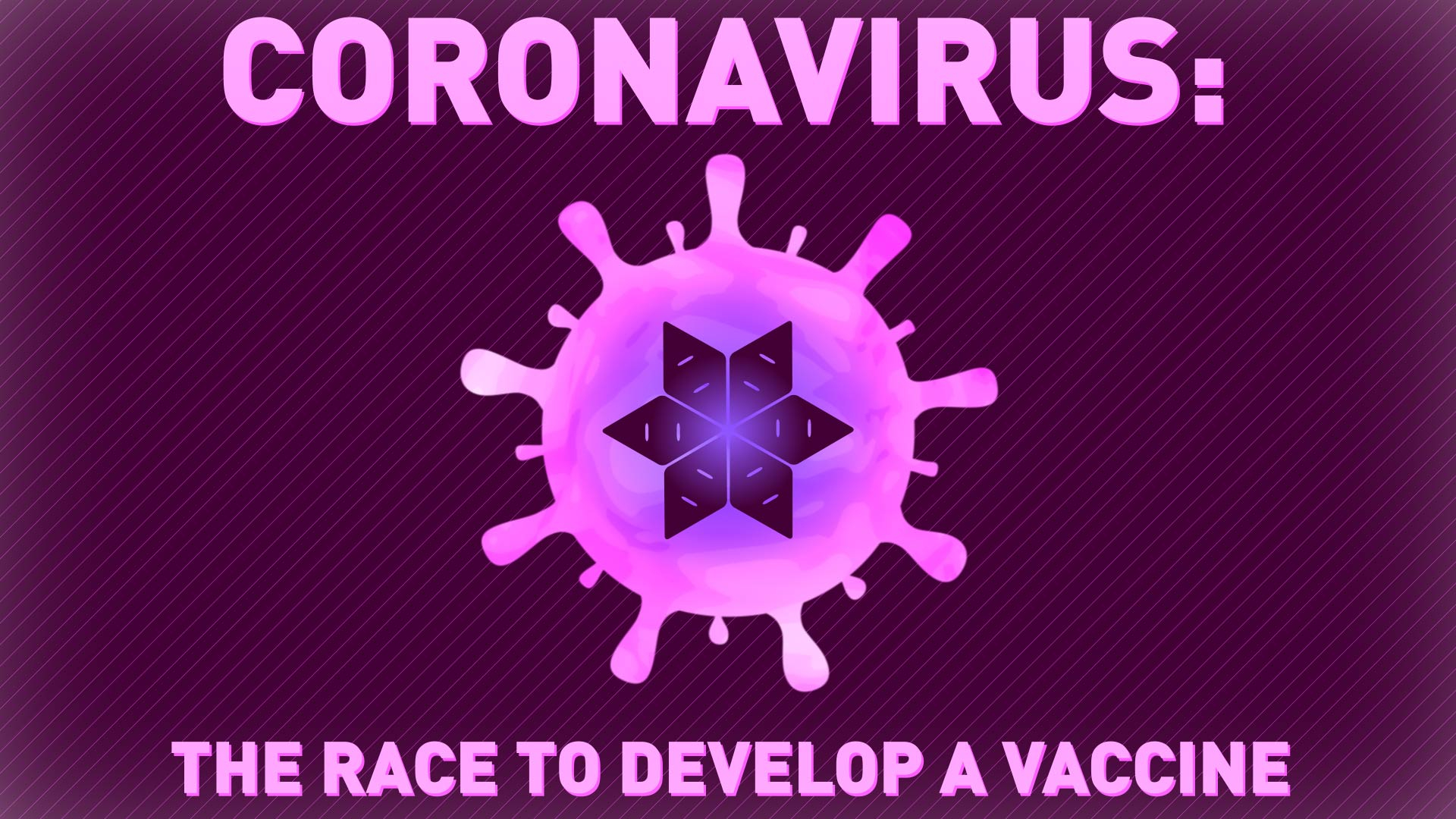
In the UK, one leading research team says it is making good progress. CGTN Europe was given a unique opportunity to film inside the team's lab at Imperial College London.
Full story: A look inside Imperial College London's coronavirus vaccine research labs
While a vaccine is being worked on, several myths have surfaced about how to prevent and treat COVID-19. Here we separate fact from fiction:
01:05
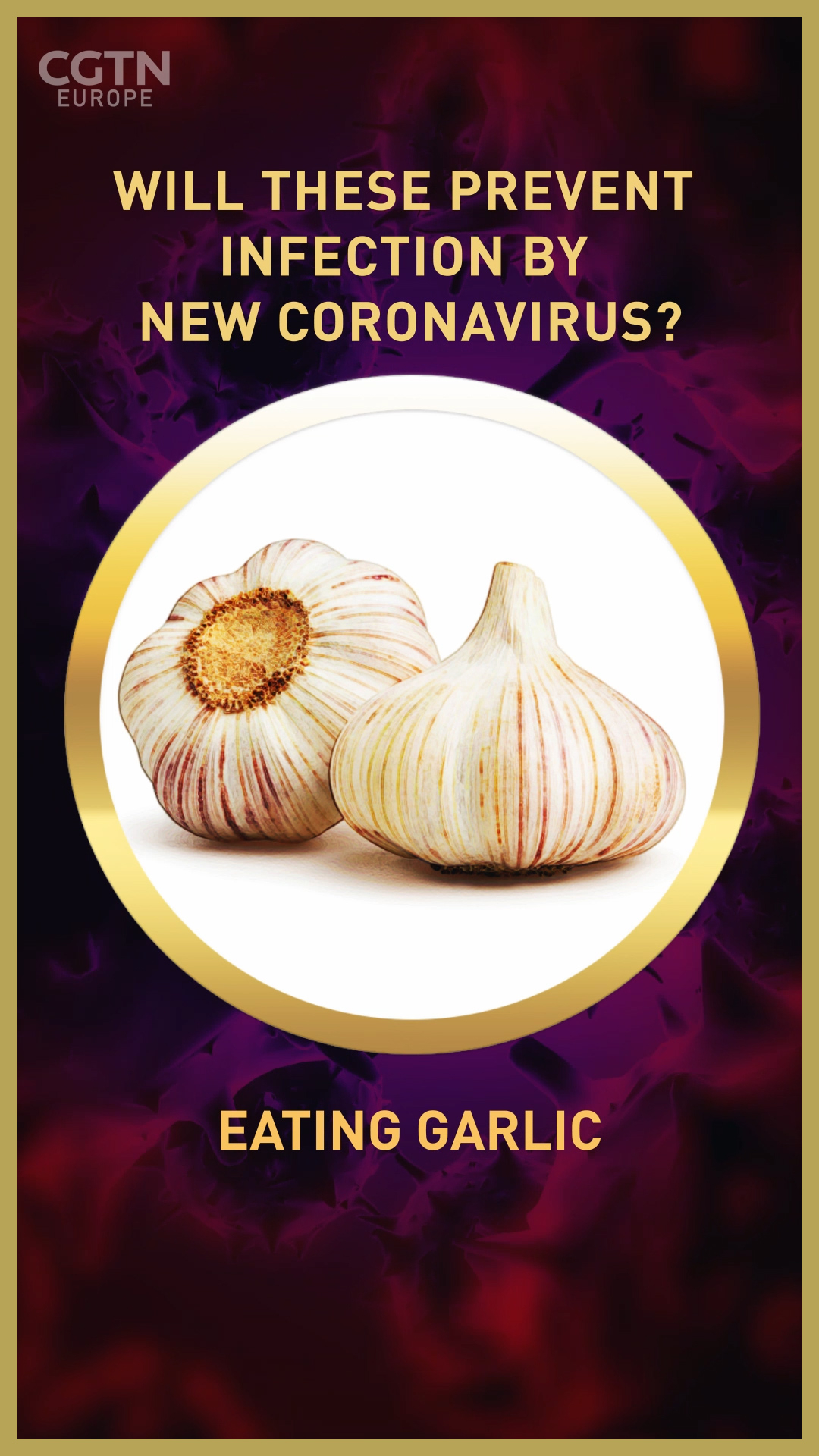
HOW IS CHINA FIGHTING IT?
The country has been hailed for its open response to the outbreak and the rapid action it has taken to contain it. This has included building two hospitals in a matter of weeks in Hubei province to cope with those suffering from coronavirus. China has moved quickly to quarantine people and has shared its data on the disease with the global community.
03:08
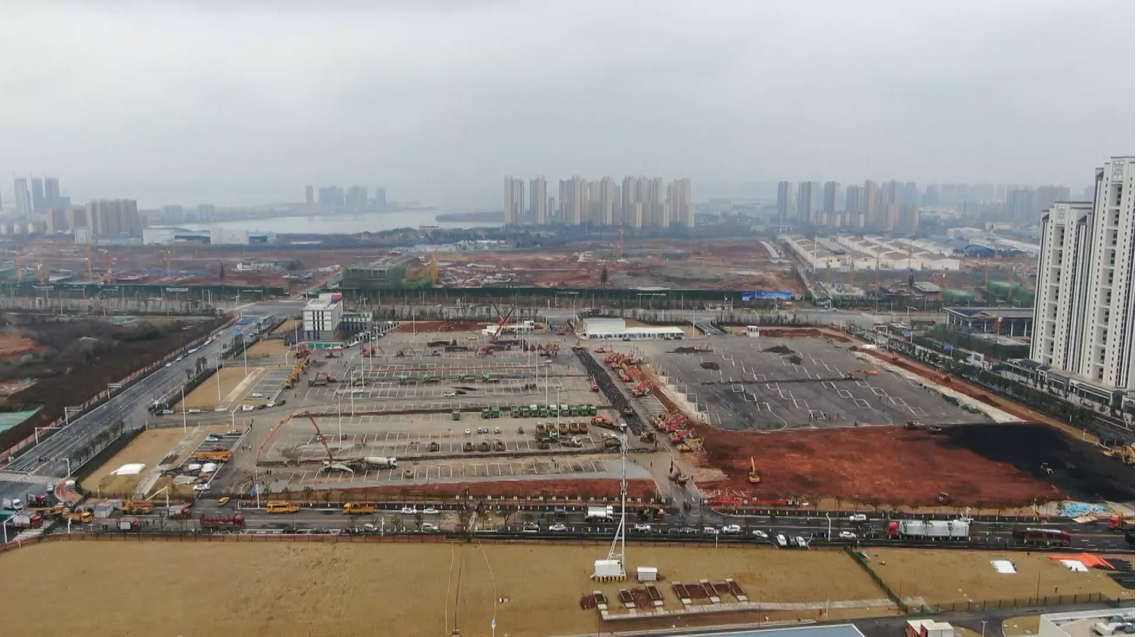
HOW DOES THE EUROPEAN UNION REACT TO SUCH CRISES?
The EU's Emergency Response Coordination Center (ERCC), is mission control for the round-the-clock monitoring of all natural disasters that affect the bloc. The focus now is on coronavirus. The information is combed through, analyzed and shared with member states.
03:44
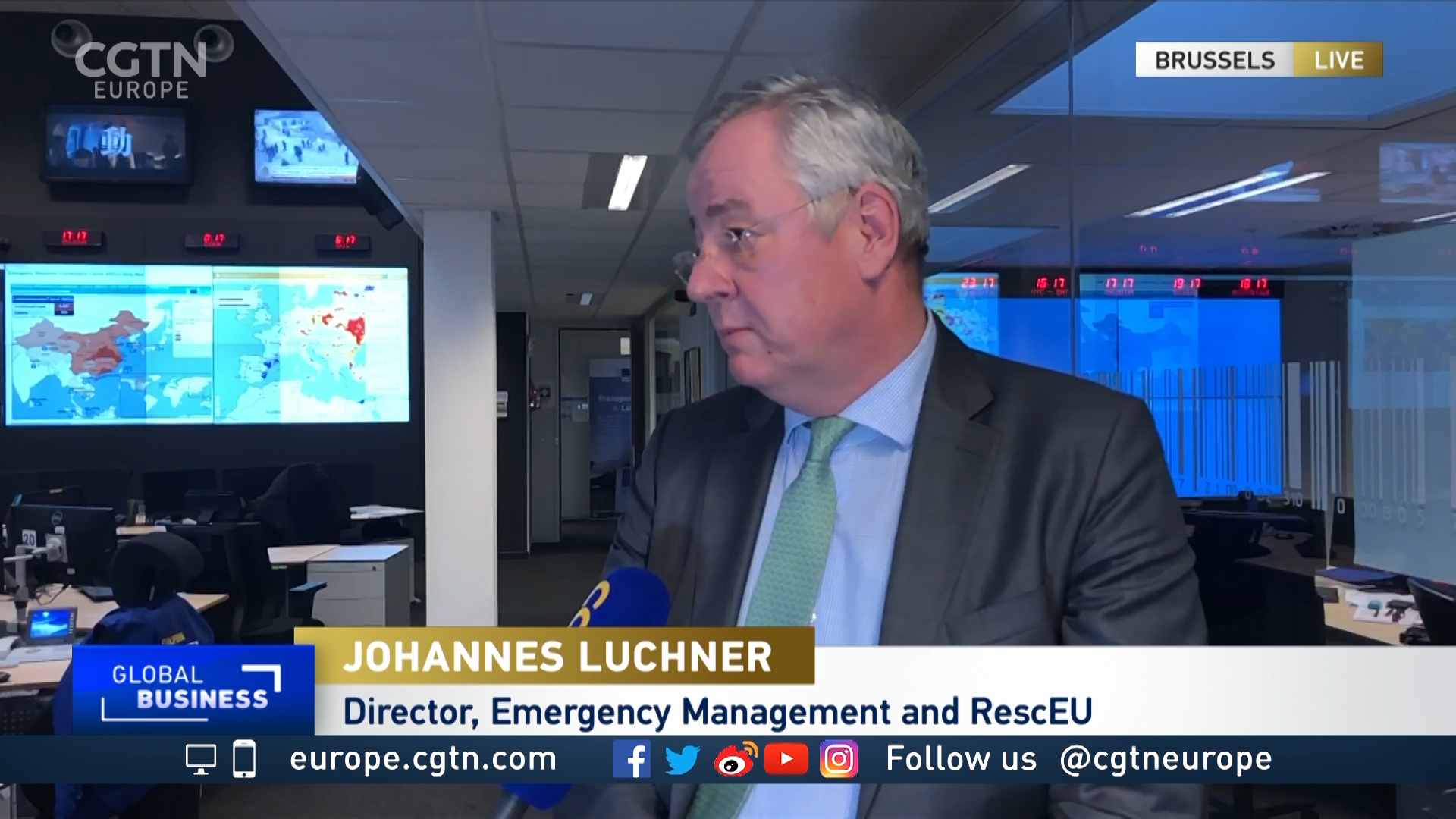
HOW IS IT DIFFERENT FROM OTHER CORONAVIRUSES SUCH AS SARS AND MERS?
HOW DOES IT COMPARE WITH OTHER OUTBREAKS?
01:40
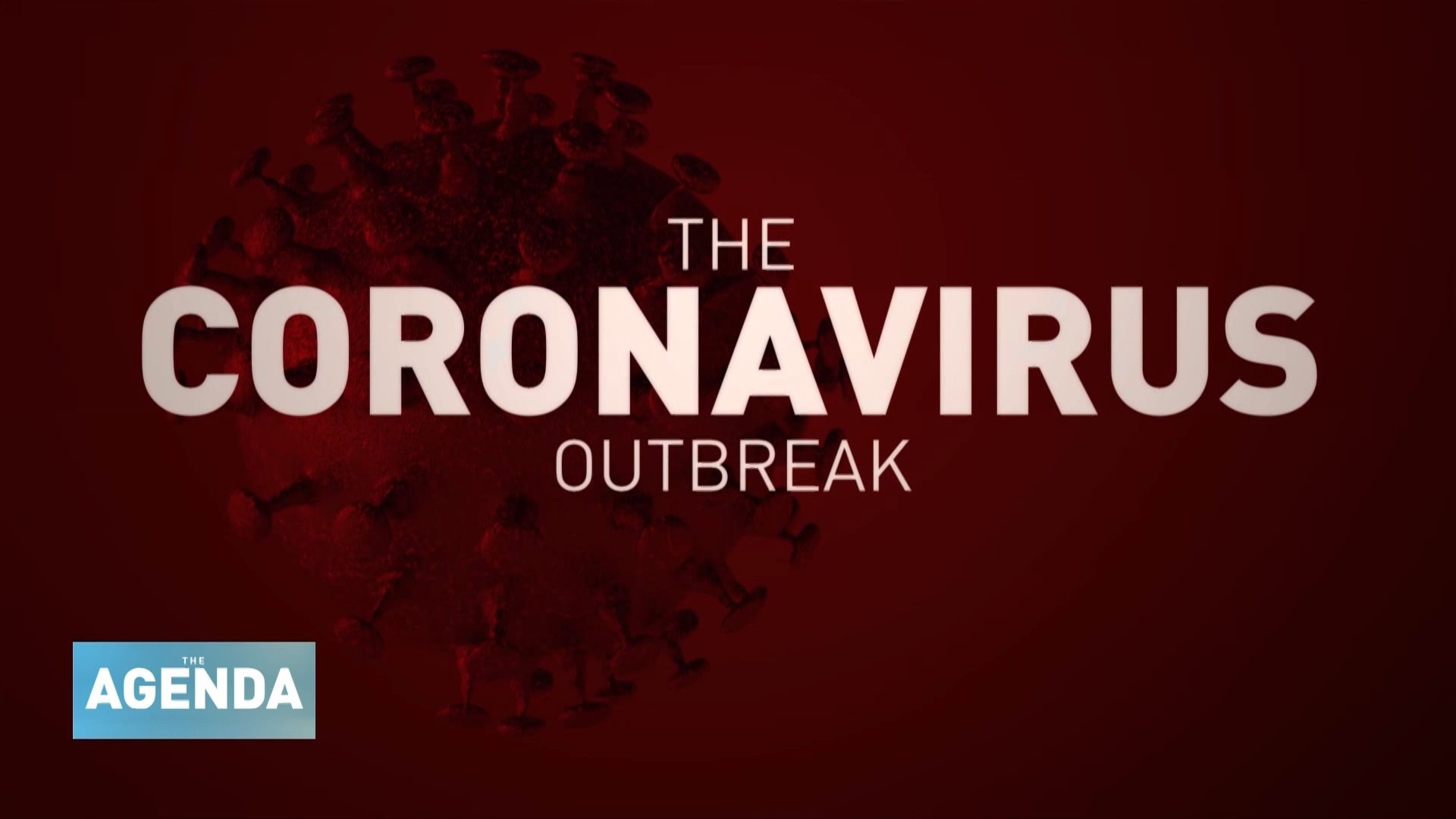
WHAT ARE THE ECONOMIC IMPLICATIONS?
Experts believe China's economy will take a short-term hit from the outbreak, but the financial shockwaves will spread further – affecting sectors such as global tourism, the automotive industry and even luxury fashion.
01:12
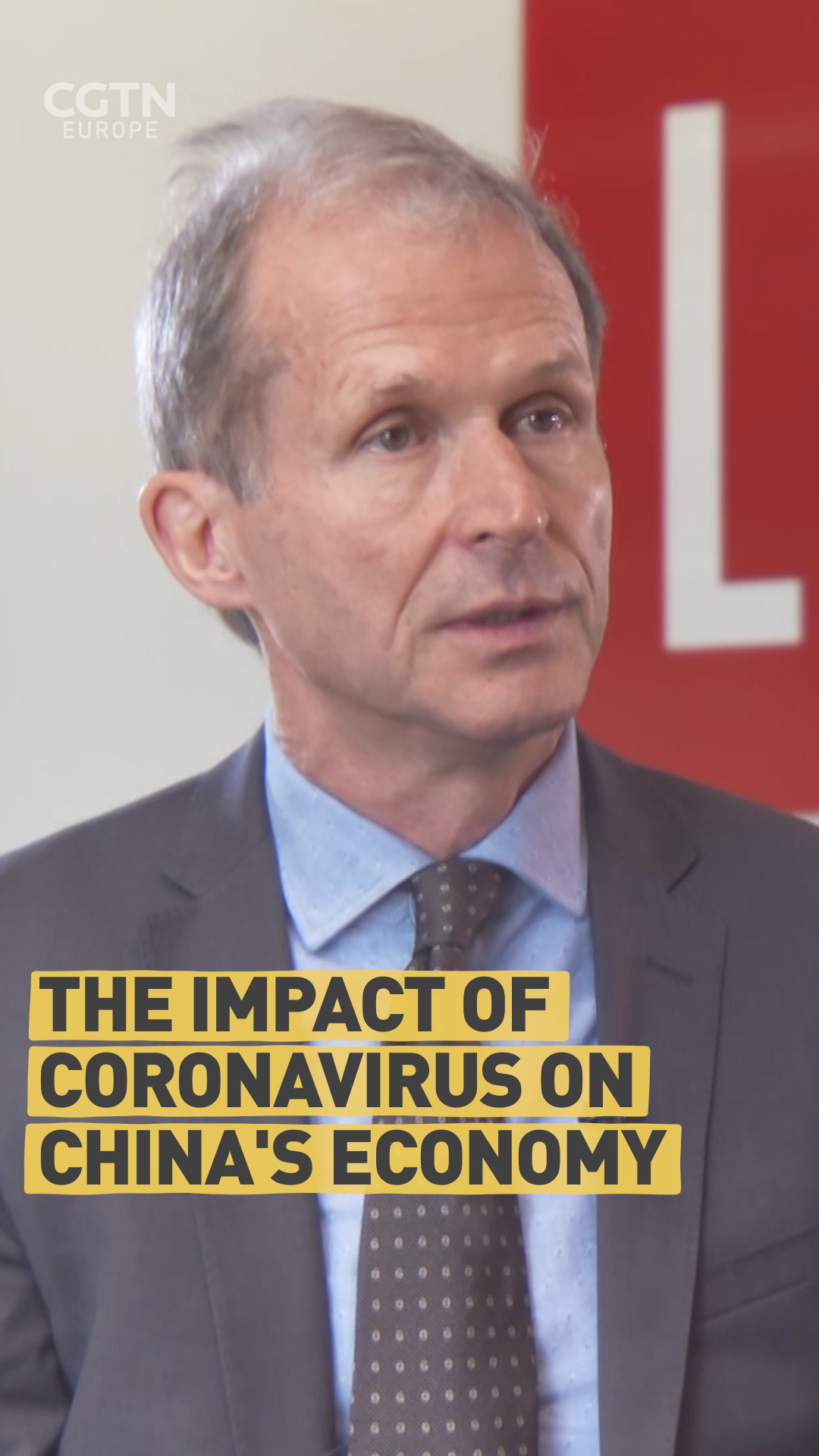
WHAT ABOUT WORKERS' RIGHTS?
As European nations start shutting down significant portions of their economies to contain or delay the spread of COVID-19, questions are being posed about the impact on workers.
Full story: What rights do European workers have amid the COVID-19 crisis?
FAKE NEWS
While China has been open about the outbreak and shared its data with the world, hoaxes about the coronavirus have spread widely online. Promoted by conspiracy theorists, fake news websites and unsuspecting members of the public, the fake news compounds the struggle to contain the virus.
03:59
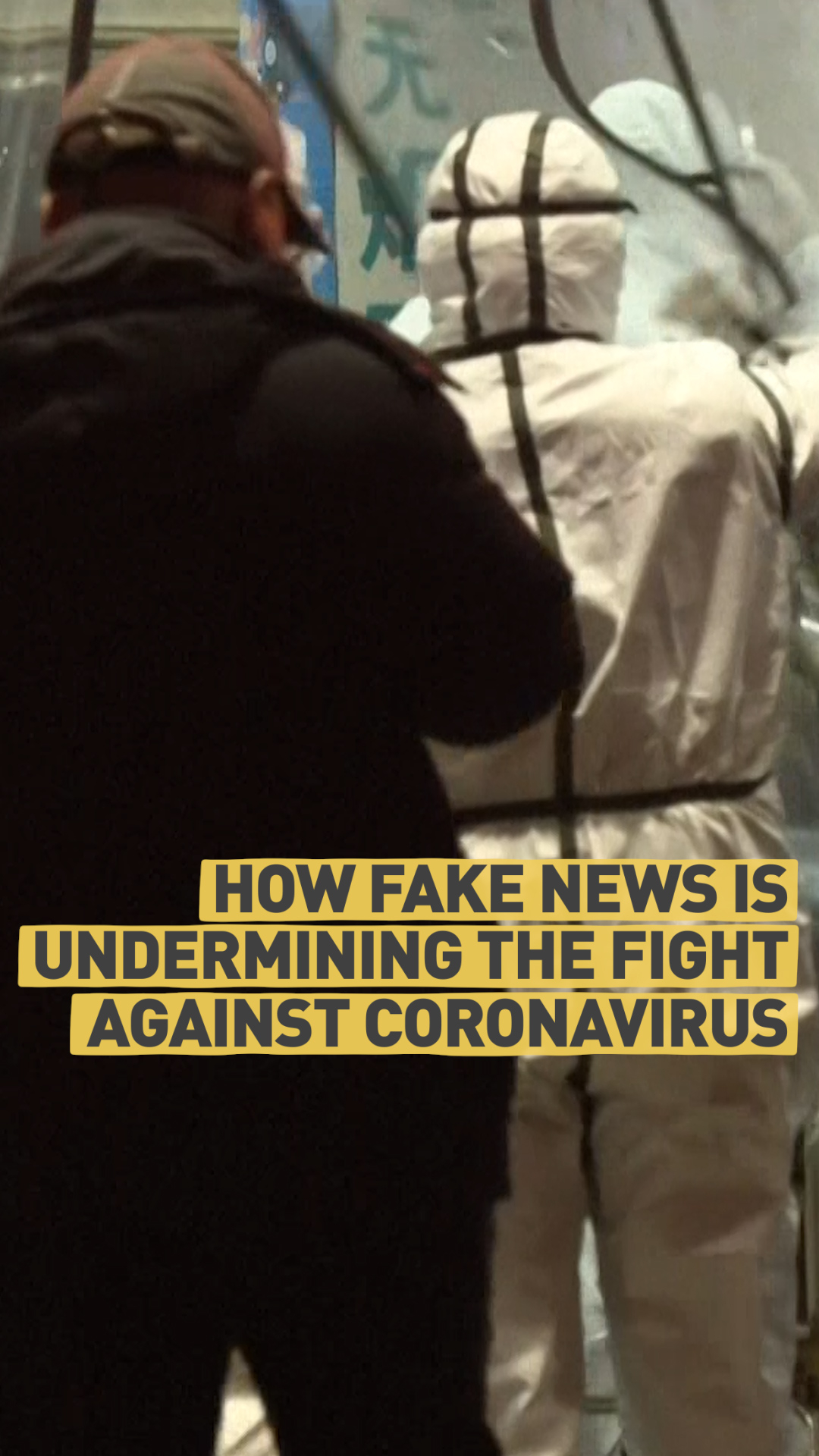
SINOPHOBIA
Unfortunately, across the world, some members of the public have shown reactions which approach, or cross, the line from fear and self-preservation into racism – as the coronavirus has spread, so has anti-Chinese sentiment.
02:10
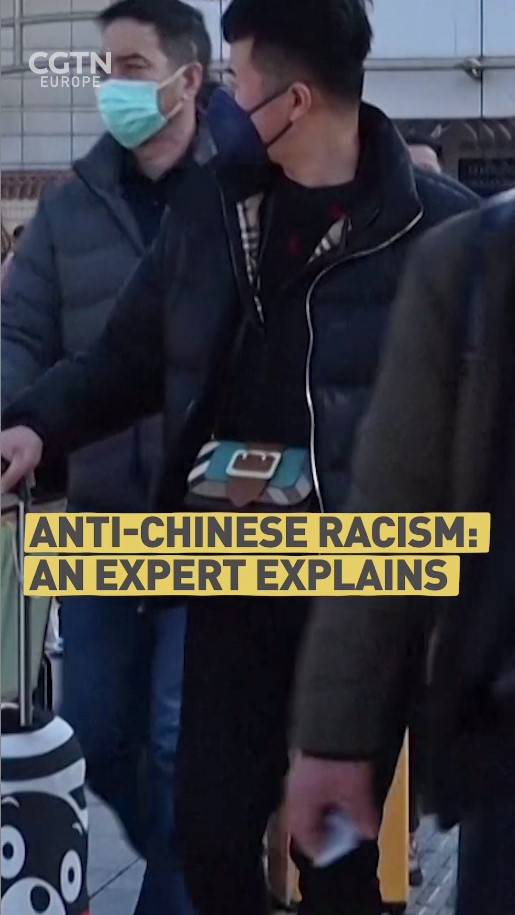
Full story: Coronavirus sparks more epidemics: Fear, hatred and sinophobia
Read more: Epidemic of Sinophobia: Headlines are scarier than the coronavirus
In a move to counter the rise in abuse against Asian people following the outbreak of coronavirus, a French teacher launched the hashtag #jenesuispasunvirus or #Iamnotavirus, which went viral on social media.
01:54
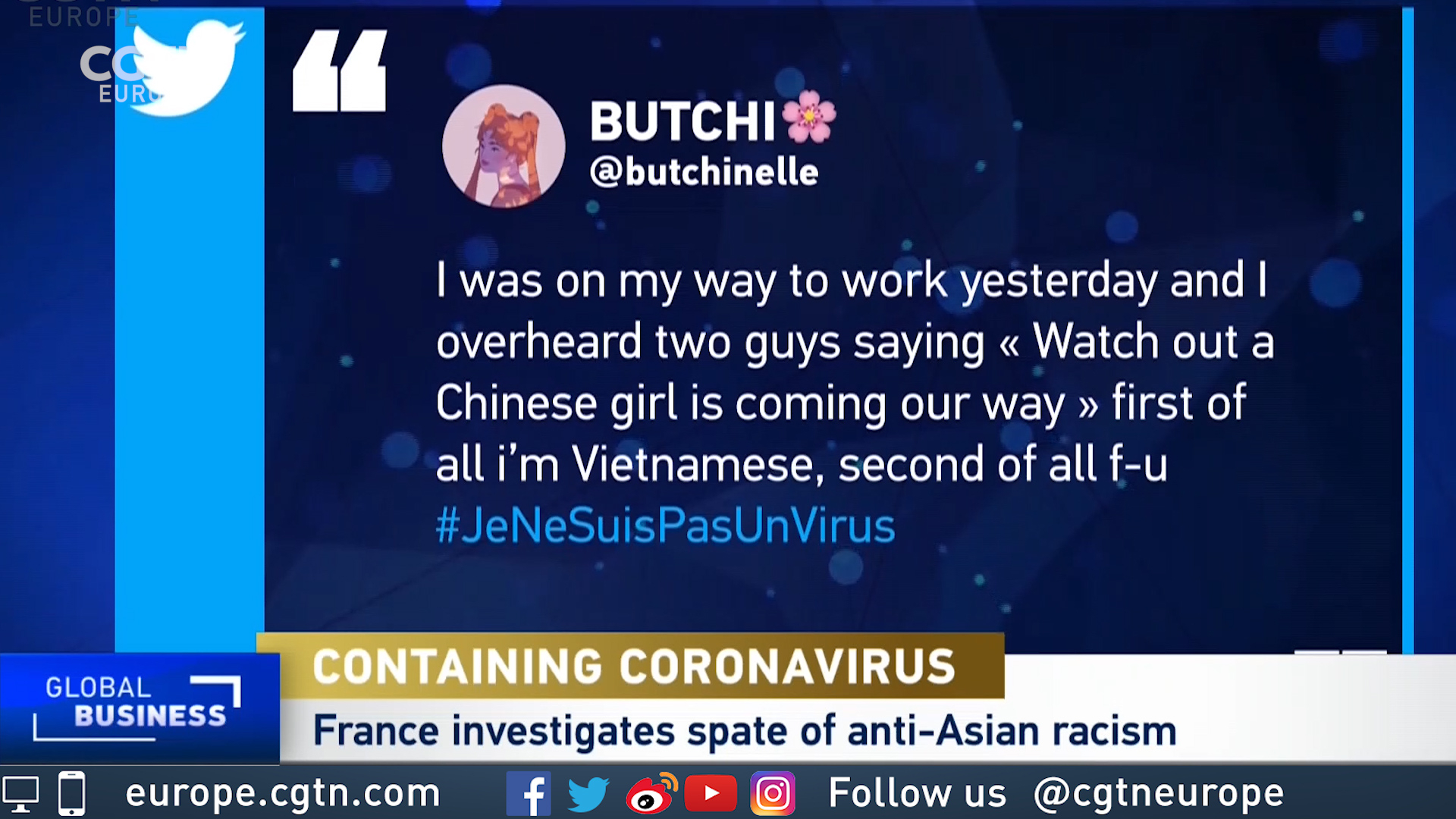
HOWEVER, THE GLOBAL SUPPORT HAS BEEN OVERWHELMING
00:38
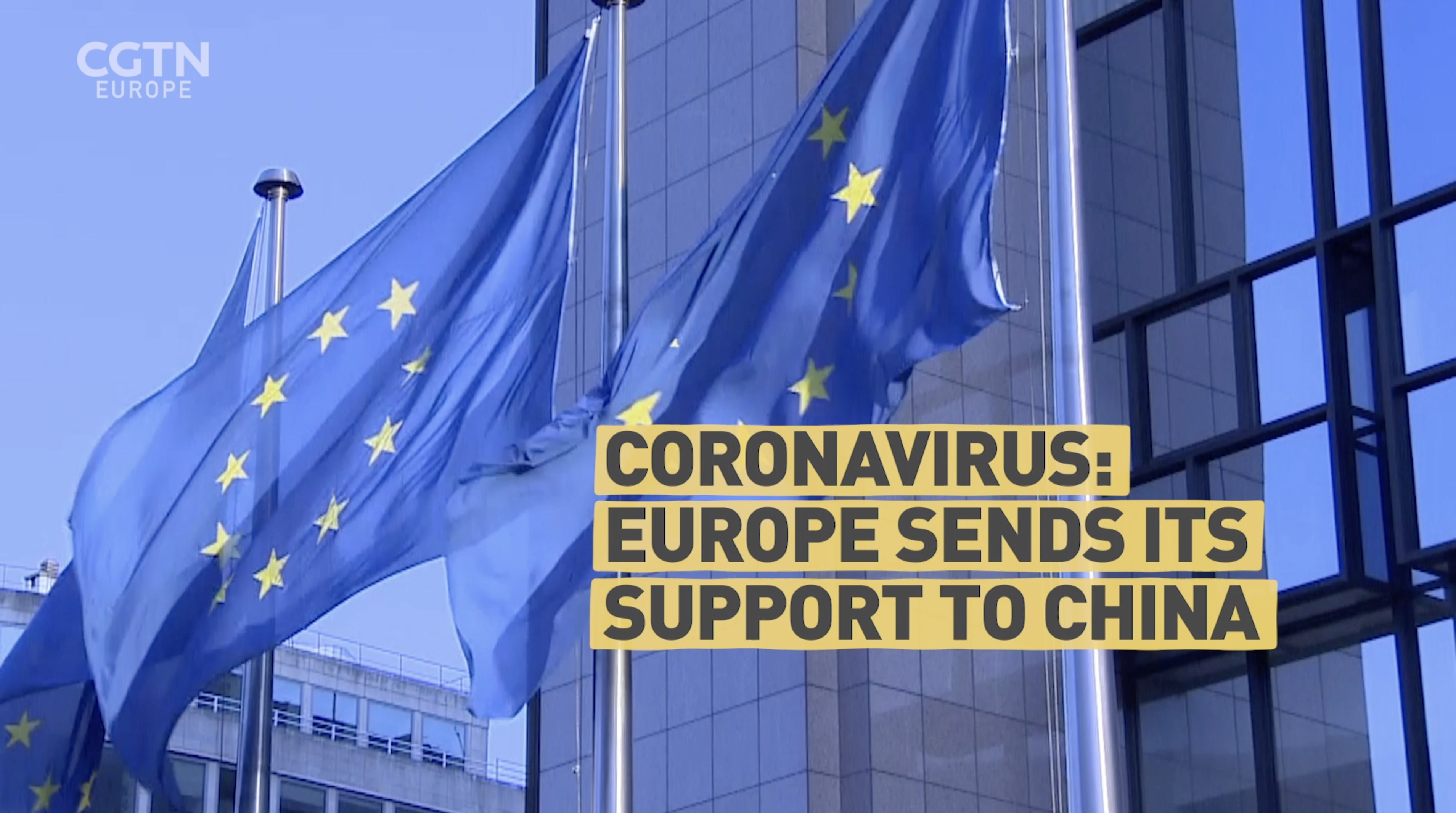
02:03
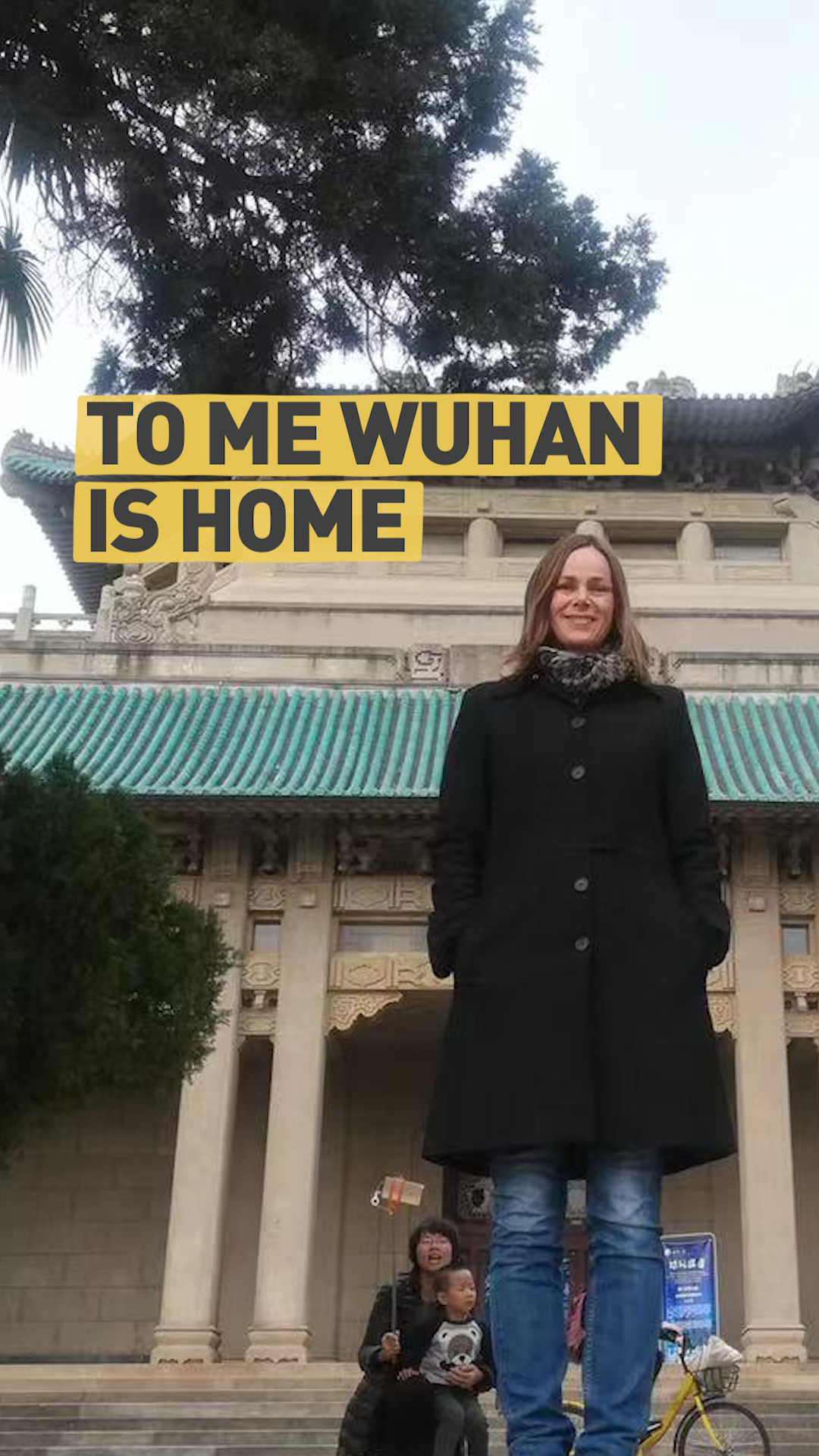
00:56
